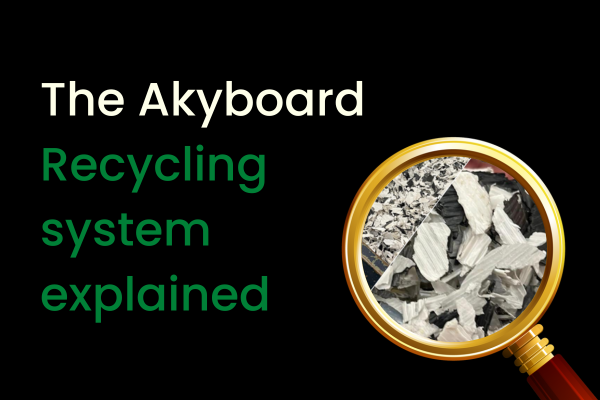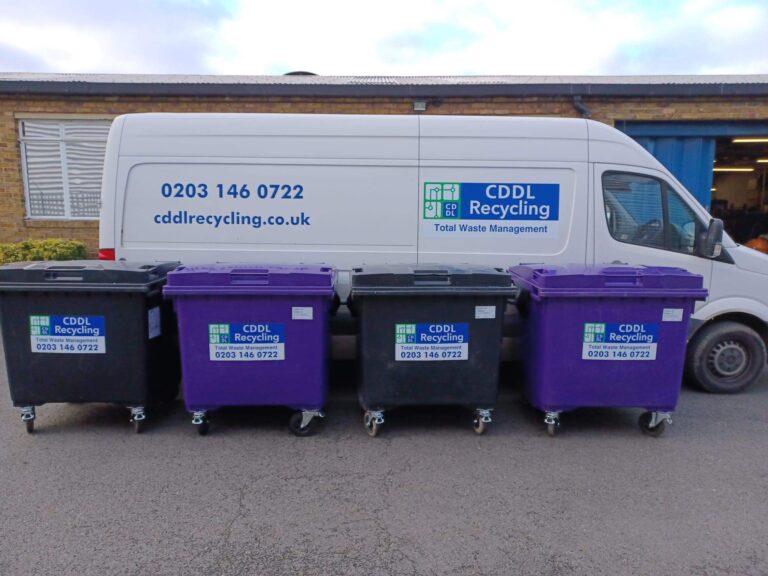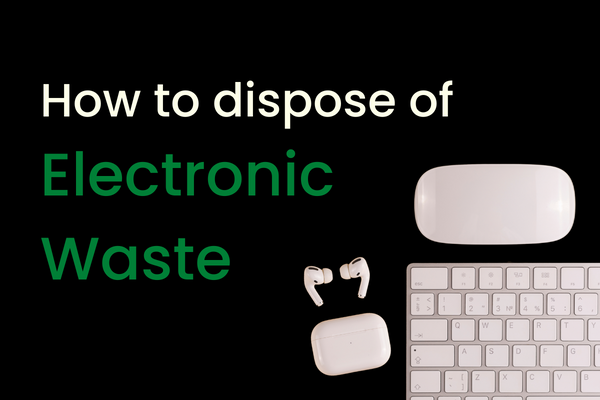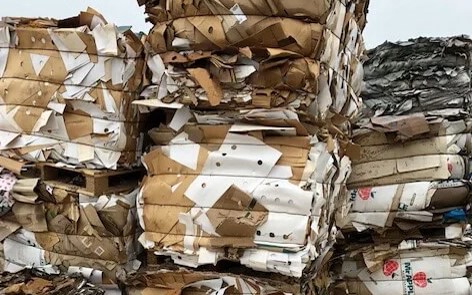Construction Waste Management 6 things to consider
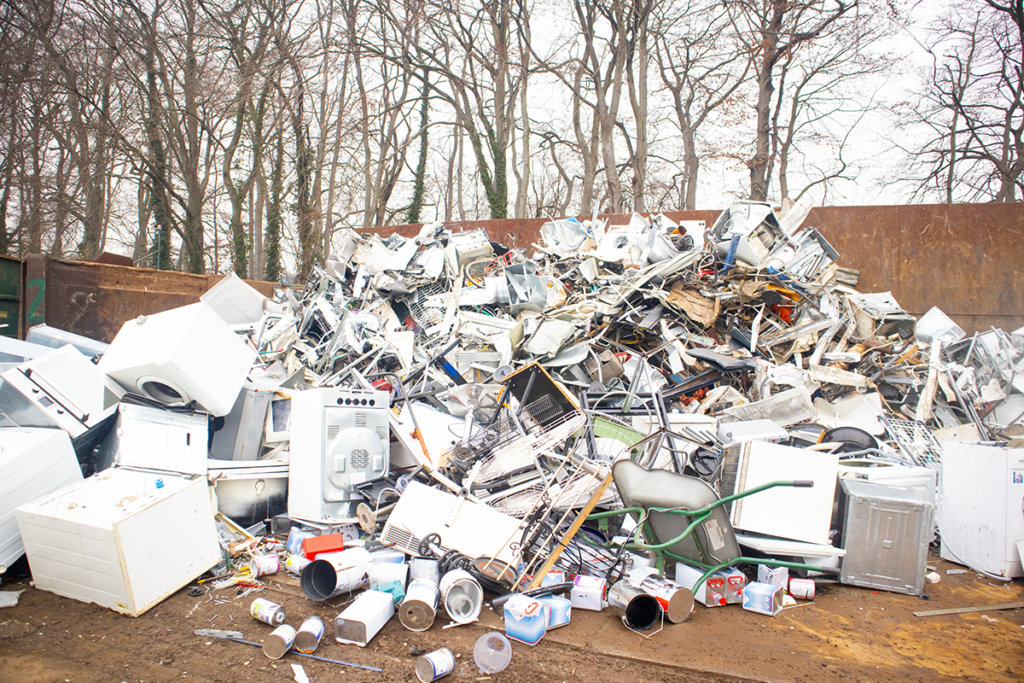
Construction waste covers any unwanted materials that accumulate from a construction project or demolition site.
It’s significant, as in any other industry, to reduce, reuse and recycle where possible. By following these three instructions, you will avoid disposal via landfill. Although this will be inevitable for some materials, by following the three Rs you will have diverted a large amount of waste from being taken to landfill.
What is construction waste management?
Managing your construction waste will allow your business to create plans of the amount and types of waste that will be produced on a construction site and how it will be reused, recycled, or disposed of.
Why have a construction waste management plan?
Leaving materials unorganised can easily cause accidents. Each year around 1000 accidents occur on construction sites, involving broken or fractured bones or dislocating joints. Not only does this affect the injured, but also the whole team. Avoid workplace accidents by having sensible management of materials. This way you’re protecting your employees as well as reducing waste and improving site safety.
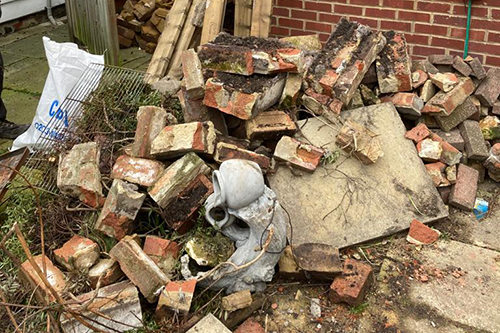
How do you dispose of waste in construction?
Knowing how to safely and repsonsibly dispose of construction waste can be tricky. So here are some quick tips on how to make the most of your construction waste.
1. Donate unwanted materials
Sometimes when clearing a site before the demolition process begins, some items are salvageable from the destruction and can be donated to those in need. Local communities or charities may need the materials or even local people.
2. Reuse
If items and materials aren’t in good enough condition to be donated, then perhaps they could be reused in some way. Thanks to the trendy movement of upcycling, anything can be given a new lease of life with a new coat of paint.
3. Recycle – use skips
Unfortunately, not every item will be redeemable and will have to be thrown away. However, this isn’t an excuse for it to all be thrown into one bin and discarded as landfill. By hiring a skip, you’ll be able to separate any non-recyclable waste from materials such as plastic, wood, or metal that can be recycled and repurposed.
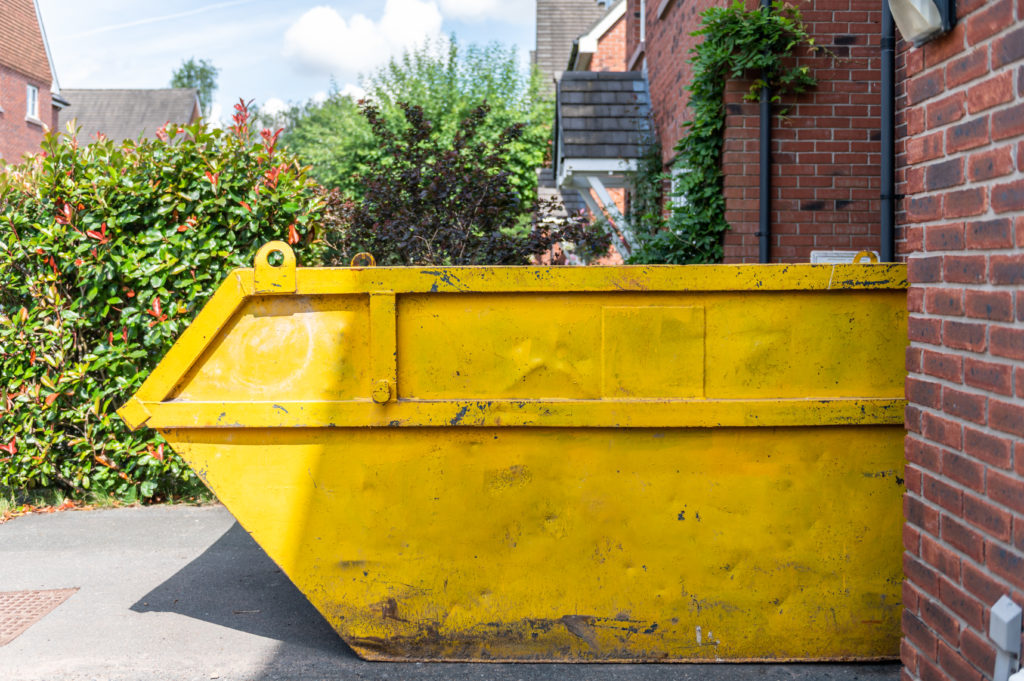
Have a Waste Transfer note
Most importantly you will need a waste transfer note if you plan on moving non-hazardous waste off your premises. This is similar to an invoice and both you and the waste contractor taking your waste will need to sign a copy of the note and keep it for 2 years as evidence as you may be asked to show proof to an enforcement officer or the Environment Agency if asked. For more guidance and information on waste transfer notes see the government’s website.
How to dispose of Hazardous construction waste safely?
Hazardous waste such as Asbestos must be packaged adequately in leak-tight containers. It is wrapped and disposed of on licensed disposal sites, where it can pose a danger to humans if not handled properly due to its hazardous qualities.
How a waste contractor can help your construction business
Communicating with your waste contractor will allow you to understand how they can help you to recycle. Hiring skips for segregated materials can lead to cost savings and higher waste recovery rates compared with mixed ones, which are usually the most expensive option. It is always preferable at source but where this isn’t possible discuss options with your contractor.
CDDL Recycling offer business waste collections in Kent for those looking for a waste management service. If you’re in the construction, hospitality or retail industries get in touch today to find out how we can help you.

